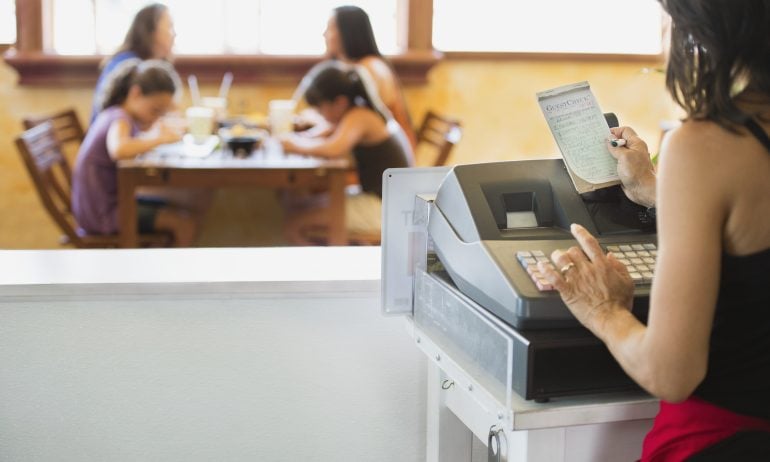The Power of Data: Using Point-of-Sale Systems to Analyse Restaurant Performance and Improve Customer Experience
The restaurant industry is an ever-evolving landscape, with new trends and innovations constantly emerging. One of the most significant recent developments is the use of point-of-sale (POS) systems to collect and analyse data on restaurant performance and customer behaviour.
With the help of these systems, restaurant owners and managers can gain valuable insights into their operations, enabling them to make informed decisions that improve overall performance and enhance the customer experience.
Sales and Inventory
One of the primary benefits of using a POS system is the ability to track sales and inventory in real-time. This allows restaurant owners to identify trends in customer behaviour, such as which menu items are the most popular, and which ones are not selling as well.
Through understanding these trends, restaurant owners can adjust their menu offerings and pricing strategies to better meet the needs of their customers.
Additionally, restaurant pos systems can help restaurant owners monitor inventory levels and reduce waste. By tracking inventory in real-time, owners can quickly identify items that are not selling and adjust their ordering accordingly. This not only reduces waste but also helps to minimise costs and improve overall profitability.
Employee Performance
Another key benefit of using a POS system is the ability to track employee performance. By monitoring employee sales and productivity, restaurant owners can identify areas where additional training or coaching may be needed. This can help to improve overall efficiency and customer service, which can lead to increased customer satisfaction and loyalty.
Customer Service
In addition to these operational benefits, restaurant pos systems can also help to improve the customer experience. Through collecting data on customer orders and preferences, restaurant owners can personalise the dining experience and create a more welcoming environment for their guests.
For example, if a customer frequently orders a specific menu item, the restaurant can proactively suggest that item during future visits. This not only enhances the customer experience but also helps to increase sales and customer loyalty.
Order and Payment Process
POS systems can also help to streamline the ordering and payment process, which can improve overall efficiency and reduce wait times.
Through allowing customers to order and pay using a mobile device or tablet, restaurants can eliminate the need for traditional paper menus and streamline the ordering process. This can help to reduce wait times and improve overall customer satisfaction.
Financial Management
A POS system can also help restaurant owners manage their finances more effectively. By tracking sales and expenses in real-time, owners can quickly identify areas where they may be overspending or where they can cut costs. This can help to improve profitability and ensure that the restaurant is operating within its budget.
Compliance
A POS system can also help restaurant owners stay compliant with regulatory requirements. Tracking sales and inventory, owners can ensure that they are accurately reporting their income and paying the appropriate taxes. This can help to avoid costly fines and penalties and ensure that the restaurant is operating within the law.
Competition
Finally, POS systems can help restaurant owners stay competitive in an increasingly crowded market. By analysing data on customer behaviour and preferences, restaurant owners can identify areas where they can differentiate themselves from their competitors.
This might include offering unique menu items, providing exceptional customer service, or implementing innovative technology solutions.
Final Thoughts
In conclusion, the power of data is a game-changer for the restaurant industry. By using POS systems to collect and analyse data, restaurant owners can make informed decisions that improve overall performance, enhance the customer experience, and stay competitive in a crowded market.
Moreover, leveraging the insights provided by POS systems, restaurant owners can optimise their operations, reduce waste, and improve profitability while providing an exceptional dining experience for their customers.






